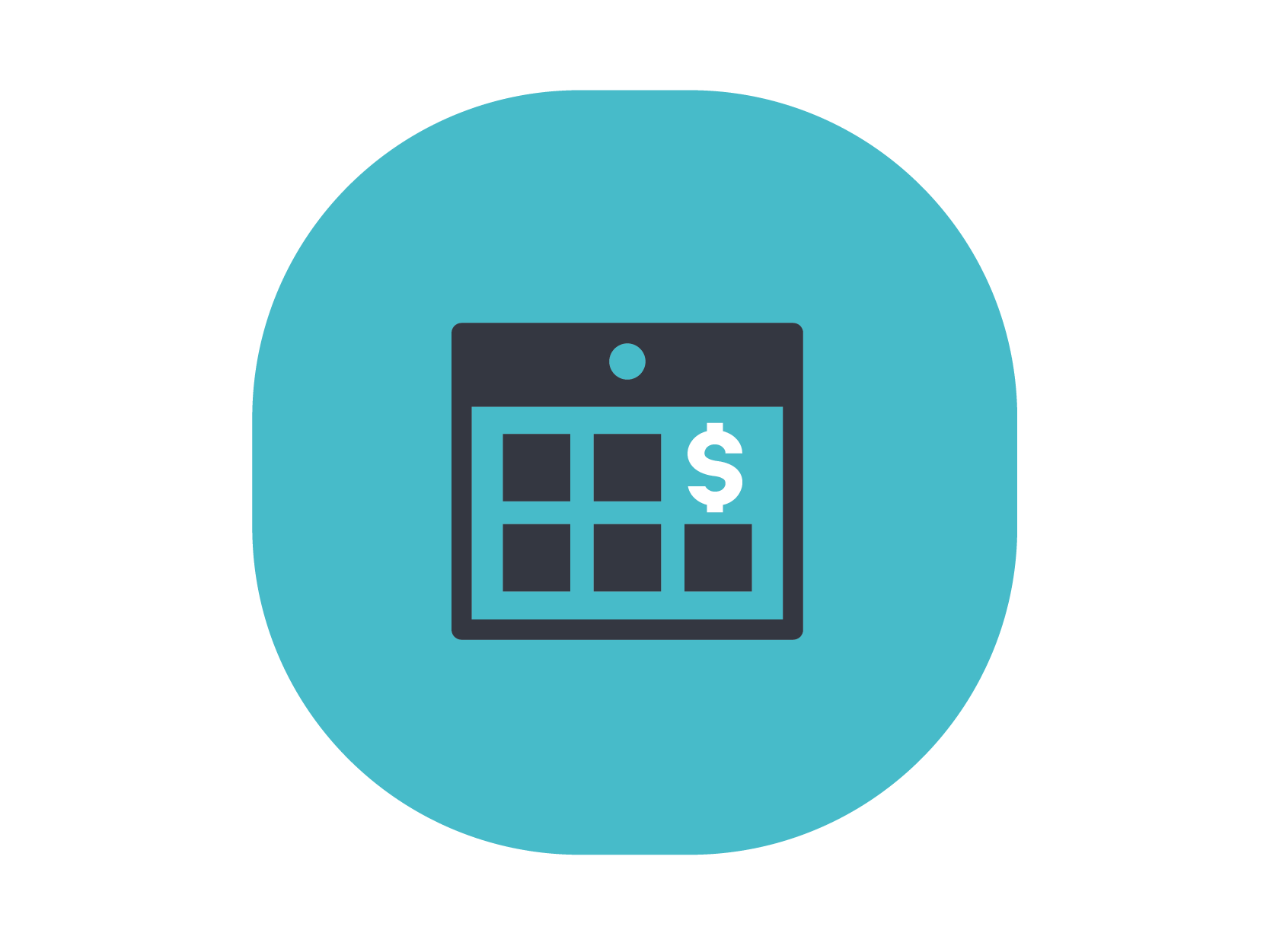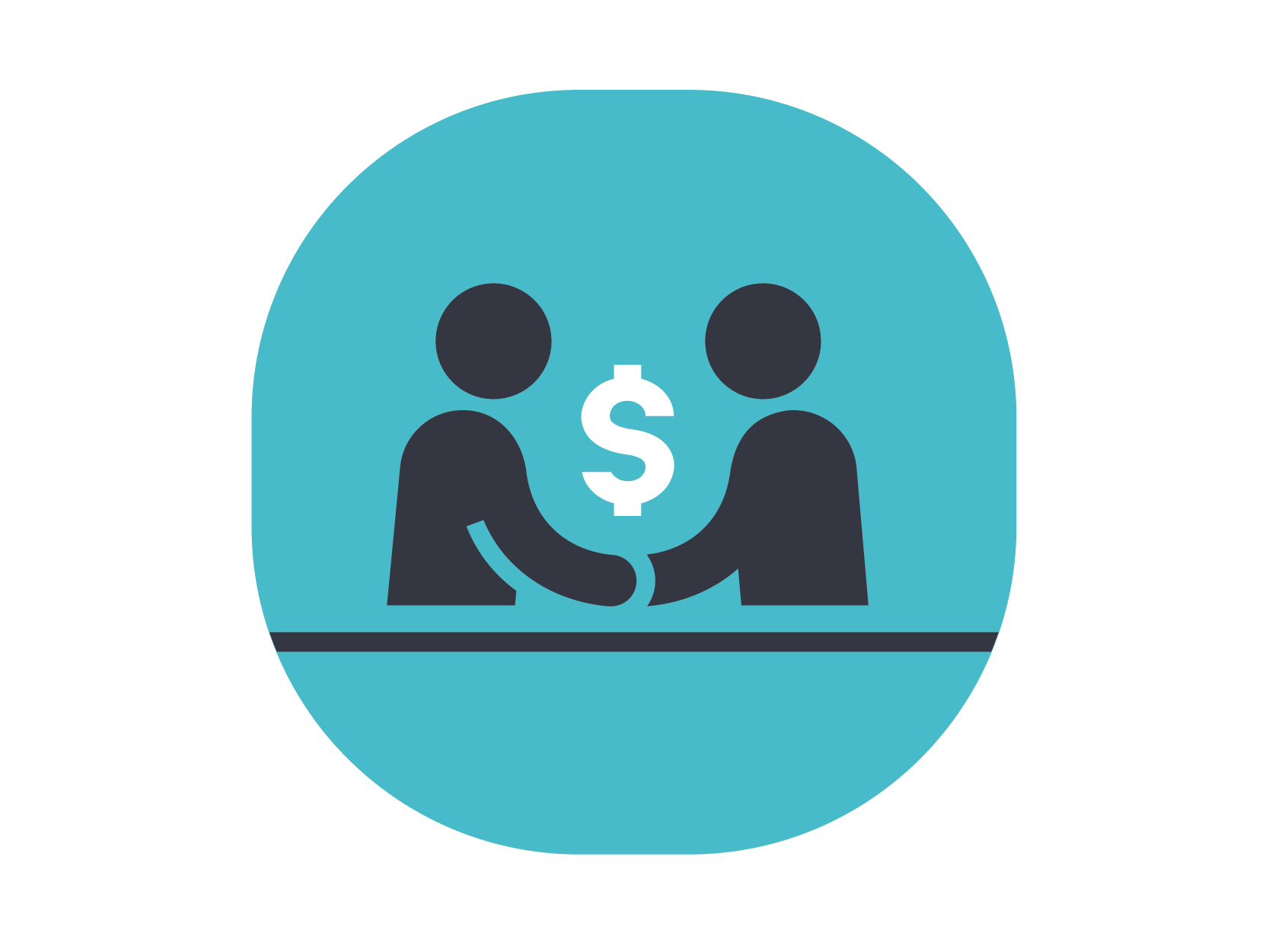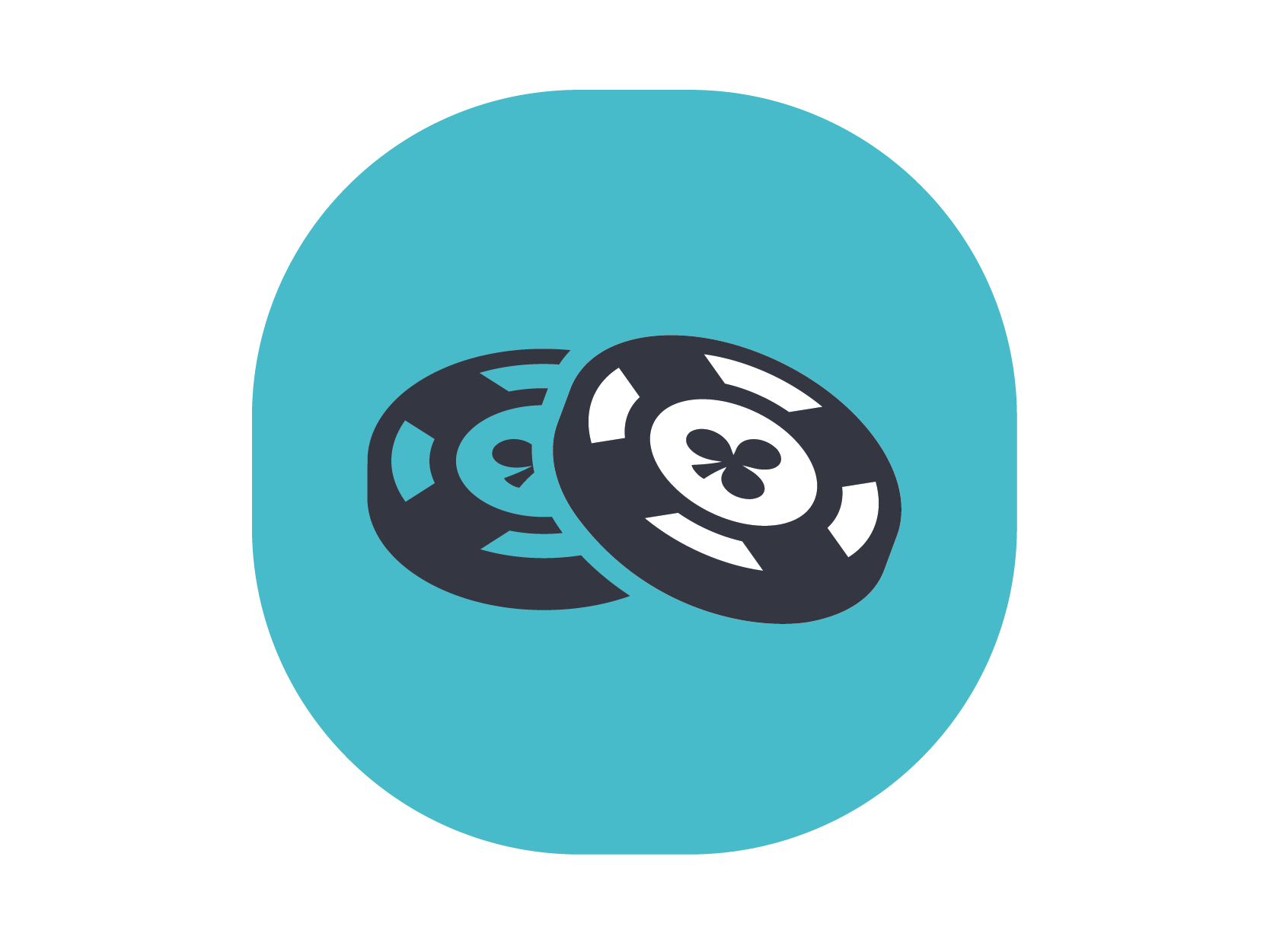
Secured Loans and Mortgages
Secured loans like mortgages can be essential for buying a house and useful for raising larger sums of money – for example if you’re buying a car or renovating your home. But you need to be careful.
Debts secured against your home or other assets are serious because the lender can repossess that asset if you fail to keep up with repayments. They can also take other debt recovery action too, which may damage your credit score.
If your home or other assets are repossessed, this doesn’t necessarily mean the debt is settled. In instances where the money raised from the repossession doesn’t cover the outstanding debt, the lender can still take you to court to recover the rest, or pursue any guarantors for the shortfall.

Benefits of secured loans
Secured loans can offer a cheaper way to raise larger amounts of money, although the interest rate may be lower, you may in reality end up paying more interest in the long term, as the debt doesn’t get paid off as quickly.
The interest rate will be most likely lower, because the risk to the lender is lower given that they have the right to recover the asset if you can’t make repayments. But it’s not necessarily a good idea to take out a secured loan to pay off other debts as you may be putting your home or other assets at risk.
Keeping on top of secured loan repayments
Most secured loan repayments are fixed, at least for a certain period of time, so you should always know how much you need to pay. Set aside that amount of money each month to ensure you can meet your repayments, and if you can pay more, then do so, as that will reduce the overall level of interest you will pay.
If you are struggling to pay off multiple debts, it’s smart to prioritise any secured loans you have. This way, you’re less likely to face repossession procedures.
If you’re worried that you can’t make the next repayment, contact your lender to discuss your options. They may be able to help.
What happens if I default on a secured loan?
Your lender will typically write to you first, asking you to make a payment to cover any you’ve missed. Don’t ignore this letter, even if you can’t pay right away. Stay in contact with your loan provider and make it clear that you’re keen to find a solution.
If your lender does not want to explore alternative repayment options and is looking to proceed with court action, then you need to take advice urgently. If you have missed payments and your loan provider is threatening you with repossession, you need to act quickly. We could help you find another debt solution and slow down or stop the repossession process.
Have a look at types of debt:



















